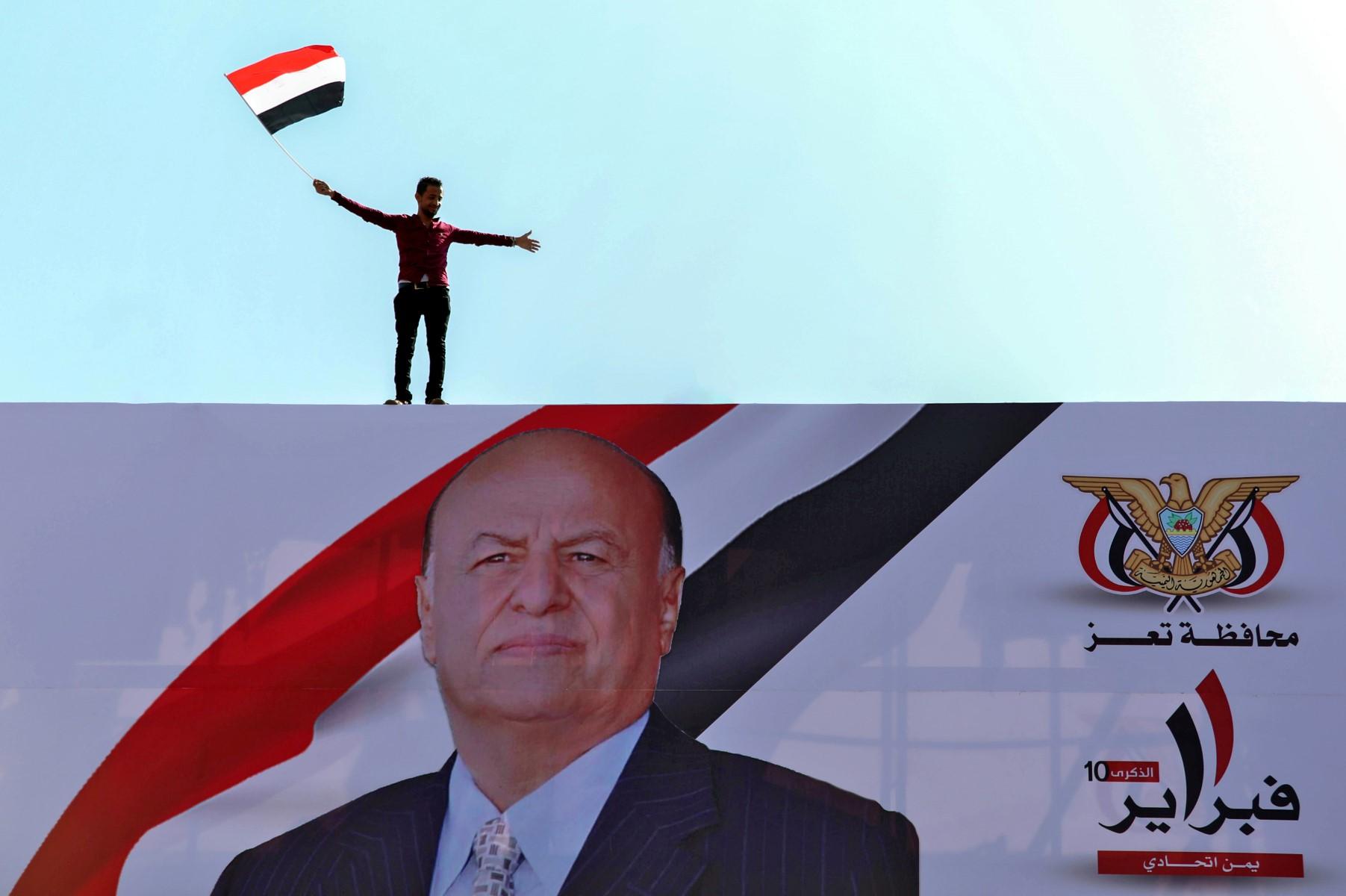Saudi Arabia pushed Yemen’s president to step down, report says
Officials have confined him to his home and restricted his communications, the Wall Street Journal says.
Just In
Saudi Arabia pushed Yemen’s president to step down earlier this month, and officials have confined him to his home and restricted his communications, the Wall Street Journal reported Sunday.
Abedrabbo Mansour Hadi announced his resignation on April 7, handing his powers to a new leadership council as Yemen entered into a fragile ceasefire that brought a rare pause in the years-long conflict.
Citing anonymous Saudi and Yemeni officials, the WSJ said that Riyadh’s Crown Prince Mohammed bin Salman gave Hadi a written decree delegating his powers to the council, which consists of eight representatives of different Yemeni groups.
According to the officials, some Saudi officials had threatened to publicize what they said was evidence of Hadi’s corruption in their efforts to convince him to step down, the WSJ wrote.
Since leaving office, Hadi has been confined to his house in Riyadh and denied access to phones, one Saudi official told the WSJ.
But another Saudi official said Hadi was encouraged to resign because various Yemeni factions had lost confidence in his ability to lead the Middle Eastern nation.
Saudi Arabia had welcomed Hadi’s resignation announcement and pledged US$3 billion in aid and support for its war-torn neighbour.
Hadi’s internationally recognised government had been locked in conflict for seven years against the Iran-backed Huthis, who control the capital Sanaa and most of the north despite a Saudi-led coalition’s military intervention launched in 2015.
Hadi has been based in Saudi Arabia since fleeing to the kingdom that year as rebel forces closed in on his last redoubt, the southern port city of Aden.
The war has killed hundreds of thousands directly or indirectly, and triggered what the United Nations calls the world’s worst humanitarian crisis, with millions on the brink of famine.
Hadi’s handing power to the council came at the end of talks in the Saudi capital Riyadh that brought together anti-Huthi factions but were boycotted by the Huthis themselves, as they refused to attend talks on “enemy” territory.
The developments followed the start of a renewable, UN-brokered two-month truce that has brought a rare respite from violence and spurred cautious hopes the war could finally end.
But the Huthis dismissed Hadi’s resignation as “a desperate attempt to rearrange the ranks of the mercenaries” fighting in Yemen, and said peace would only come once foreign forces leave.
Subscribe to our newsletter
To be updated with all the latest news and analyses daily.
